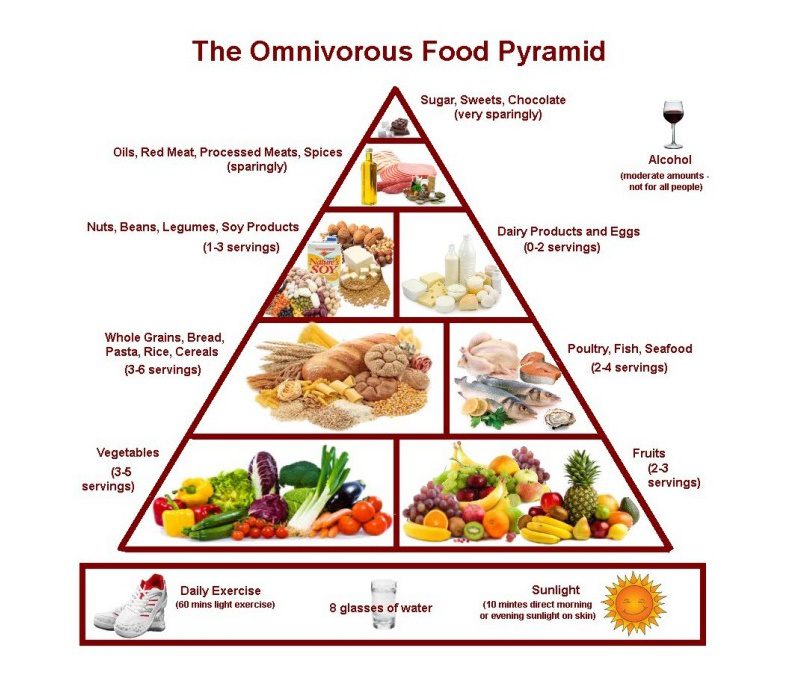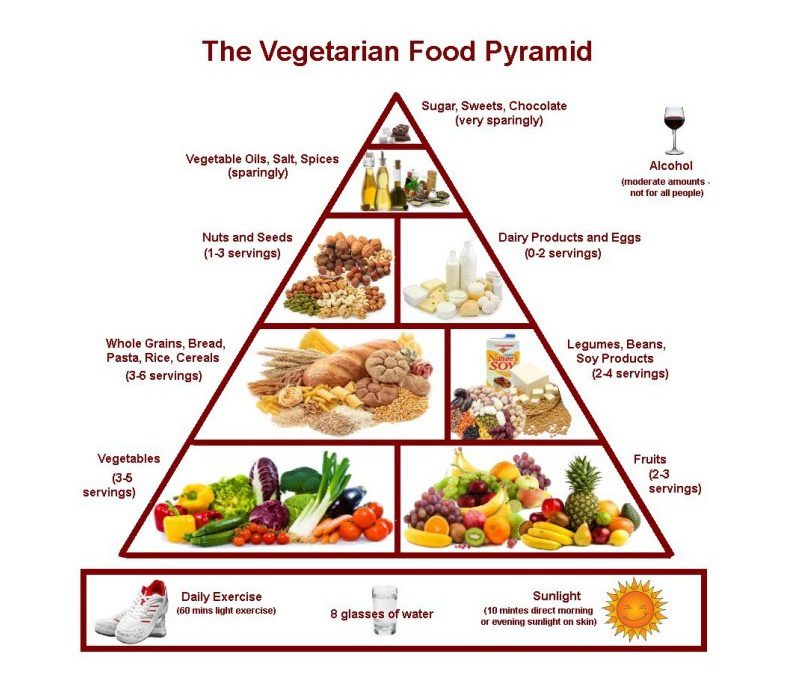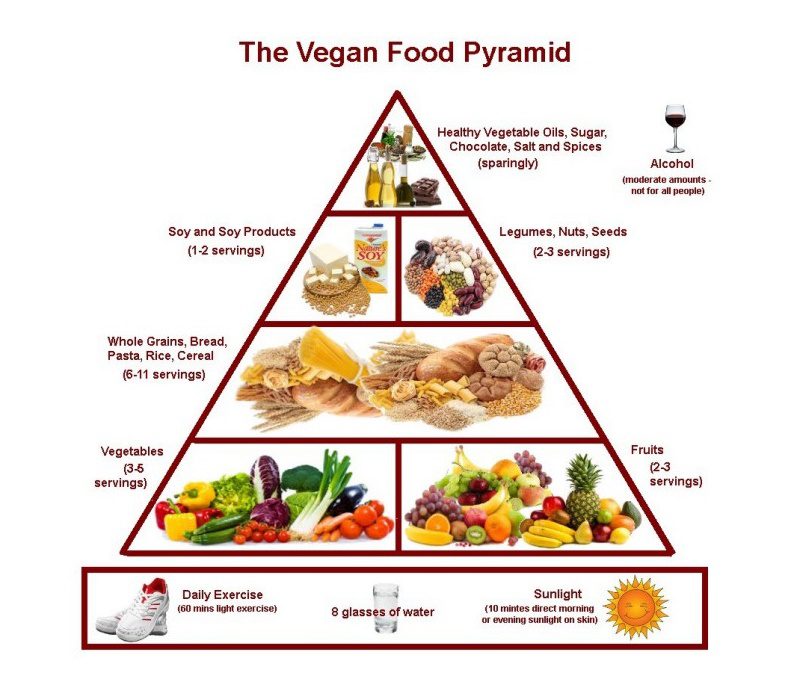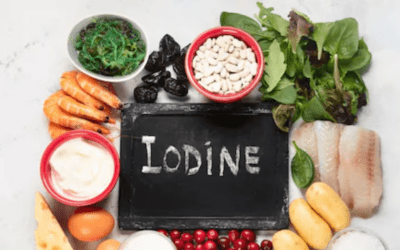Nutrition & Diet
Nutrition is the process of obtaining the required food to feed our body cells, enabling us to be healthy, grow, and stay alive. The relationship between food and a healthy body is a massive part of nutritional studies. A well-balanced intake of nutrients through food provides the basis for a healthy body.
We need to learn how to provide our bodies with adequate foods or temporarily supplement our bodies with minerals and vitamins according to our physical requirements, our stage of life, and our constitutional type. Personal choices in what you eat, when you eat, how you eat, and how much you choose to eat can affect the nutritional up-take and influence your body’s healing abilities.
The foods we eat contain nutrition that is digested, absorbed, transported, metabolised, stored, and eliminated by the body. Over 45 nutrients are required for our body to function properly. The primary nutrients are carbohydrates, fats, proteins, fibre, minerals, vitamins, and water! Carbohydrates, proteins, and fats are known as macronutrients and are needed in large quantities. They are metabolised by the body to produce energy. On the other hand, micronutrients are vitamins and minerals needed for the macronutrients to have energy and are only required in smaller amounts.
Within her naturopathic practice, Autumn uses dietary exams and nutritional changes to achieve health and complement her natural healing methods. One of the following diets may be advised depending on the symptoms and ailments.
Blood Type Diets
The blood type diet is based on Dr. D’Adamo’s theory of the four blood types which he believes have unique antigen markers which react negatively with certain foods, leading to all sorts of health problems. He also represents the opinion that levels of stomach acidity and digestive enzymes are linked with our blood type. So following the nutrition and diet for our blood type will allow the body to digest and absorb food more efficiently and lead to better health and optimal weight.
In its most basic form, these are:
- Blood Type O: a high-protein, meat-based diet
- Blood type A: vegetarian-based diet
- Blood type B: eating a varied diet that consists of most foods, including meat, dairy, grains, and vegetables
- Blood type AB: can eat a mixture of the foods suitable for both blood group A and blood group B
Elimination diet
The elimination diet focuses on food intolerances and sensitivities. The nerves in our digestive systems react in different ways to foods and directly affect our immune system. Many people notice that after eating certain foods, they feel bloated, get stomach cramps or an upset stomach, have congestion problems, experience low energy levels, and disturbed sleeping patterns.
According to individual consultation, the elimination diet initially cuts out a group of foods shown to be the most likely to cause reactions in people, as well as particular foods in your diet. These may include gluten, dairy products, soy, chicken, nuts, and coffee.
While eliminating these foods, you can replace them with rice, fish or lamb, and most fruit and veggies, which tend to be less likely to cause sensitive reactions. After about 2-4 weeks, each eliminated food is integrated into the diet in small amounts over several days while watching the body’s response.
Should food intolerances be found, this may require long-term changes to the normal diet or desensitisation.
A person can improve many food intolerances by treating underlying problems such as enzyme deficiency, microbial imbalance, motility issues, detoxification abnormalities, intestinal permeability, and inflammation.
FODMAP diet
FODMAP stands for Fermentable Oligosaccharides, Disaccharides, Monosaccharides, and Polyols.
These are compounds found in foods such as apples, garlic, onion, wheat, milk, beans, avocados, and the sweetener xylitol. In most people, these are absorbed in the small intestine. Other people have trouble with absorption in the small intestine, which leads to these FODMAPs reaching the bacteria in the large intestine, causing them to ferment and create symptoms known by Irritable Bowel Syndrome sufferers. These include:
- abdominal bloating and distension
- excess wind (flatulence)
- abdominal pain
- nausea
- changes in bowel habits (diarrhea, constipation, or a combination of both)
- other gastrointestinal symptoms
5-Element Diet (TCM)
Diet seen from the perspective of Traditional Chinese Medicine is referred to as the 5-element diet. Please read more about this in the TCM post.







